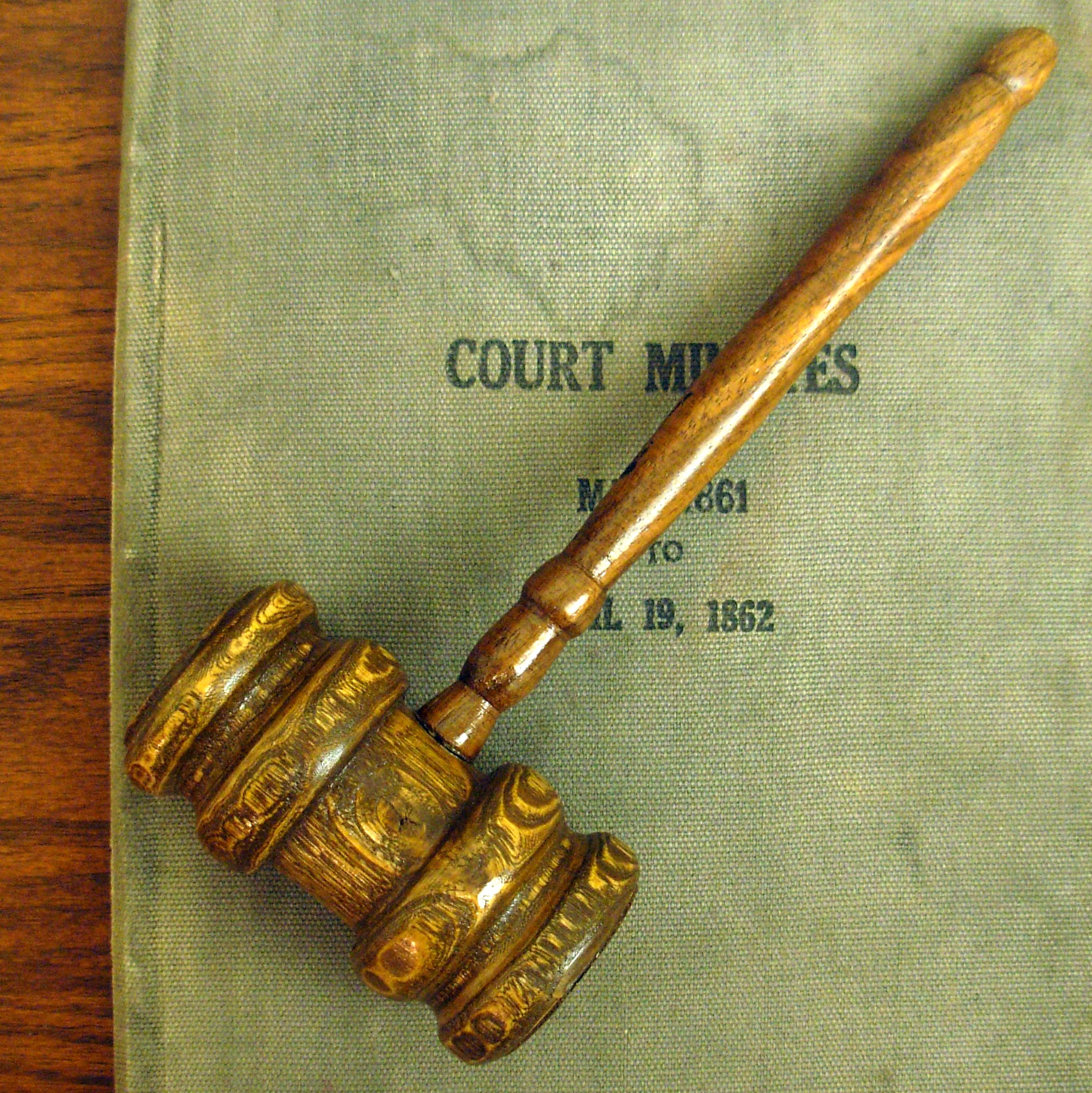Finally, judges who are willing to take Heller and McDonald seriously, and offer us serious Second Amendment protections. In short, the lower court had ruled Maryland Assault Weapons Ban was constitutional, having applied intermediate scrutiny. The three-judge panel of the Fourth Circuit Court of Appeals has now vacated that ruling and ordered the lower court to apply strict scrutiny. Note at least one well-known blog is reporting this ruling struck down the ban, but it does no such thing. It merely vacates the lower court ruling and demands the lower court reconsider with the highest standard of review. Though, it is clear from the Court’s language that they do not look favorably on the ban. Here’s a passage talking about “Large Capacity Magazines.”:
Likewise, the record in this case shows unequivocally that LCMs are commonly kept by American citizens, as there are more than 75 million such magazines in circulation in the United States. In fact, these magazines are so common that they are standard.
Finally! A court willing to not only find that they are in common use, but one willing to admit that carries with it serious Second Amendment considerations! Granted, this could still be overturned en-banc, and appealed to the Supreme Court, but if this holds, it will be the end of Maryland’s assault weapons ban. It will be the first instance of an assault weapons ban thrown out by the courts.
Contrary to the district court’s conclusion, the fact that handguns, bolt-action and other manually-loaded long guns, and, as noted earlier, a few semi-automatic rifles are still available for self-defense does not mitigate this burden.
That’s a refutation of the substitution argument that Eugene Volokh is all too fond of. Quite a step for the federal courts to take. This is not a finding of unconstitutionality, it should be noted. They have only directed the lower court to apply the correct standard of scrutiny.
Because the district court did not evaluate the challenged provisions of the FSA under the proper standard of strict scrutiny, and the State did not develop the evidence or arguments required to support the FSA under the proper standard, we vacate the district court’s order as to Plaintiffs’ Second Amendment challenge and remand for the court to apply strict scrutiny in the first instance. This is not a finding that Maryland’s law is unconstitutional. It is simply a ruling that the test of its constitutionality is different from that used by the district court. The State should be afforded the opportunity to develop its case in light of this more demanding standard, and Plaintiffs should be permitted to do so as well.
This is still very good. Strict scrutiny is a high level of review. One disappointing thing in the ruling is that they rejected the equal protection argument in regards to exempting retired law enforcement from the ban:
For all these reasons, we affirm the district court’s decision on the equal-protection issue. Retired police officers and the public are not similarly situated, and dissimilar treatment of these dissimilar groups does not violate the Equal Protection Clause.
There’s that conservative love of law-and-order again. Police can super-citizens. Like you and me, only better. Still, this is a pretty significant win. Let’s hope by the time this bubbles back down and then back up we might have a friendlier Supreme Court.







